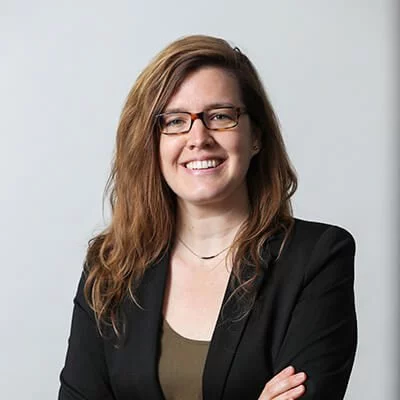Etes-vous Sisyphe? Ou comment poursuivre le Développement Durable dans un contexte peu réceptif.
administrator | Posted on |

How to cope when you want to pursue Sustainable Development in an unresponsive context?
In our current times, sustainability is more and more prominent in the public debate. Taking action around global issues such as climate change is becoming an increasingly pressing issue. While we see responses and actions (e.g., youth taking action for the climate), it also comes with resistance to change toward sustainability. Have you ever experienced a situation where actors around you predominantly deny that there’s any environmental problem, or that human activity is linked to it, raising strong pressures for the status quo?
If the answer is yes, you have probably been immersed in a context unresponsive to change for sustainable development, that is a context characterized by pressures to maintain the status quo.
So, how can you persist in your efforts to pursue sustainable development initiatives and to continue advancing change, particularly when you have experienced limited or no progress?
To mitigate such pressures, enact coping mechanisms!
When repeated efforts to bring change seem futile, actors can endure by enacting three coping mechanisms: community building, resourcefulness, and vision.
Firstly, community building is a critical coping mechanism as it provides actors with hope that they are not alone in their journey towards sustainability-focused change. It allows them to access to resources, which they can experiment with in different ways. With this mechanism, actors are able to actively visualize and dream about a future reality rather than focusing on the current lack of emphasis in this area.
Secondly, resourcefulness helps actors to utilize the limited material resources that are available in unusual and/or creative ways.
Thirdly, vision emphasized future possibilities, rather than the present state. Focusing on possibilities for the future enabled actors to continue forward in their work to pursue sustainability-focused change.
To embed sustainable development practices: a dynamic process!
The ways in which actors cope with pressures for the status quo is a dynamic process, with periods of persistence and suspension in their efforts to advance sustainability in their organisations.
By enacting coping mechanisms, actors’ emotional response, at a given point in time, is focused on encouragement and hope to continue forward in spite of pressures for the status quo. When actors feel hopeful, they do not view pressures encountered as insurmountable and they are able to persist with their efforts. On the other hand, when actors experience discouragement at a given point in time, they view pressures for the status quo as significant barriers, thus leading to suspension of their efforts, due to mounting discouragement.
Conclusion
This research highlighted the importance of actors persisting and continuing their efforts to work toward change for sustainability,
when organizational actors strive for sustainable development in unresponsive contexts, they face constraining factors such as political climate, religious culture, and organizational constraints. To manage the consequences of their quest to implement change initiatives, such as sustainability fatigue, demotivation or burnout, actors utilize coping mechanisms (or not), which leads to different emotional responses. They experience periods of persistence and suspension of their sustainability initiatives.
This article was published in Business & Society.
For more information, please visit the following link: Moving Beyond Sisyphus: Pursuing Sustainable Development in a Business-as-Usual World


Leave a Reply